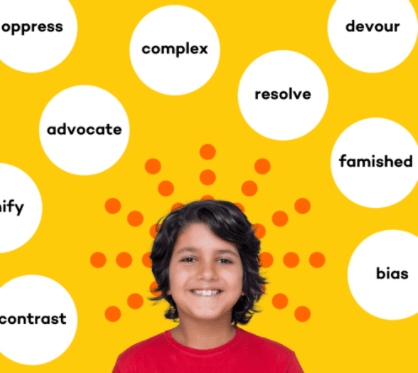
Does your child show a lot of academic potential but still struggle in school? He might be struggling with executive function skills. Together, this set of skills works like the CEO of the brain. They help us to set goals, create a plan to reach them, monitor our progress as we work, and learn from experience. As such, they are key to academic success and so much more. Executive function skills can be split into three main categories: working memory, cognitive flexibility, and inhibitory control (better known as self-control).
Working Memory
Short-term memory is part of working memory, but they aren’t the same thing. Instead, working memory is the part of our brain that we use to hold onto new information long enough to use it to complete a task. Both refer to information that is only stored temporarily. However, we use our working memory to remember that short-term information to complete a task. For example, remembering a phone number long enough to dial it. Or a more academic use of working memory is performing calculations in a multi-step math problem. The key is holding onto these details just long enough to use them in order to accomplish a goal.
Executive function skills related to working memory include:
- Sustaining focus long enough to remember new information
- Synthesizing facts to draw new meaning
- Transferring information from short-term to long-term memory
Cognitive Flexibility
A child uses cognitive flexibility to see a problem or situation from multiple perspectives, and to evaluate different solutions and outcomes. As such, this set of skills impacts a child’s ability to learn, interact with others, and get through tasks big and small. Students who struggle with this branch of executive function skills have a hard time both academically and socially. They might have difficulty transitioning from one activity to another, or they may be particularly resistant to change.
Executive Function skills related to cognitive flexibility:
- Organization (of materials and information)
- Planning
- Prioritizing
- Breaking down assignments into smaller chunks
- Shifting perspective
Inhibitory Control
Otherwise known as self-control, this area of executive function determines whether kids are able to sustain focus on a task, persevere despite difficulty, and regulate their emotions. Inhibitory control is most commonly linked to ADHD as it is often the most obvious symptom of issues with executive function skills.
Executive Function skills related to inhibitory control:
- Initiating tasks and following through
- Self-monitoring (or being aware of what one is doing)
- Regulating emotions
- Conveying empathy
Executive Function FAQ
What is the definition of executive function?
Executive function is a set of cognitive skills that play an important role in problem-solving, planning, and organization. These skills help us to complete tasks by giving us the ability to hold onto information long enough to use it, draw meaning from multiple perspectives, and regulate our emotions.
What are executive function skills?
Executive function skills can be divided into three main categories: working memory, cognitive flexibility, and inhibitory control. Working memory helps us to remember new information long enough to use it for a task. Cognitive flexibility allows us to see a problem from multiple perspectives and evaluate different solutions. Finally, inhibitory control is the ability to sustain focus on a task, persevere despite difficulty, and regulate our emotions.
How do I know if my child needs help with executive function skills?
Some signs that your child might need help include difficulty sustaining focus, following directions, and regulating emotions. Also, if they have trouble with organization, prioritization, or breaking tasks down into smaller steps then they could benefit from extra support.
Can executive function skills be taught?
Yes! Executive Function can be improved through targeted coaching and instruction. An experienced tutor can help your child identify their individual strengths and weaknesses, set achievable goals, and build a strategy for success. With the right guidance and support, your child will develop the skills they need to achieve their academic goals.
How can I help my child develop executive function skills?
The best way to support your child in developing their executive function skills is by providing them with opportunities that challenge their abilities. Encourage them to take ownership of tasks like planning out their assignments or finding creative solutions to problems they’re facing at school. Modeling positive behavior, such as planning ahead and breaking down tasks into smaller steps, can also be beneficial for your child. Additionally, you could consider seeking out a tutor or coach who has experience in teaching executive function skills.




